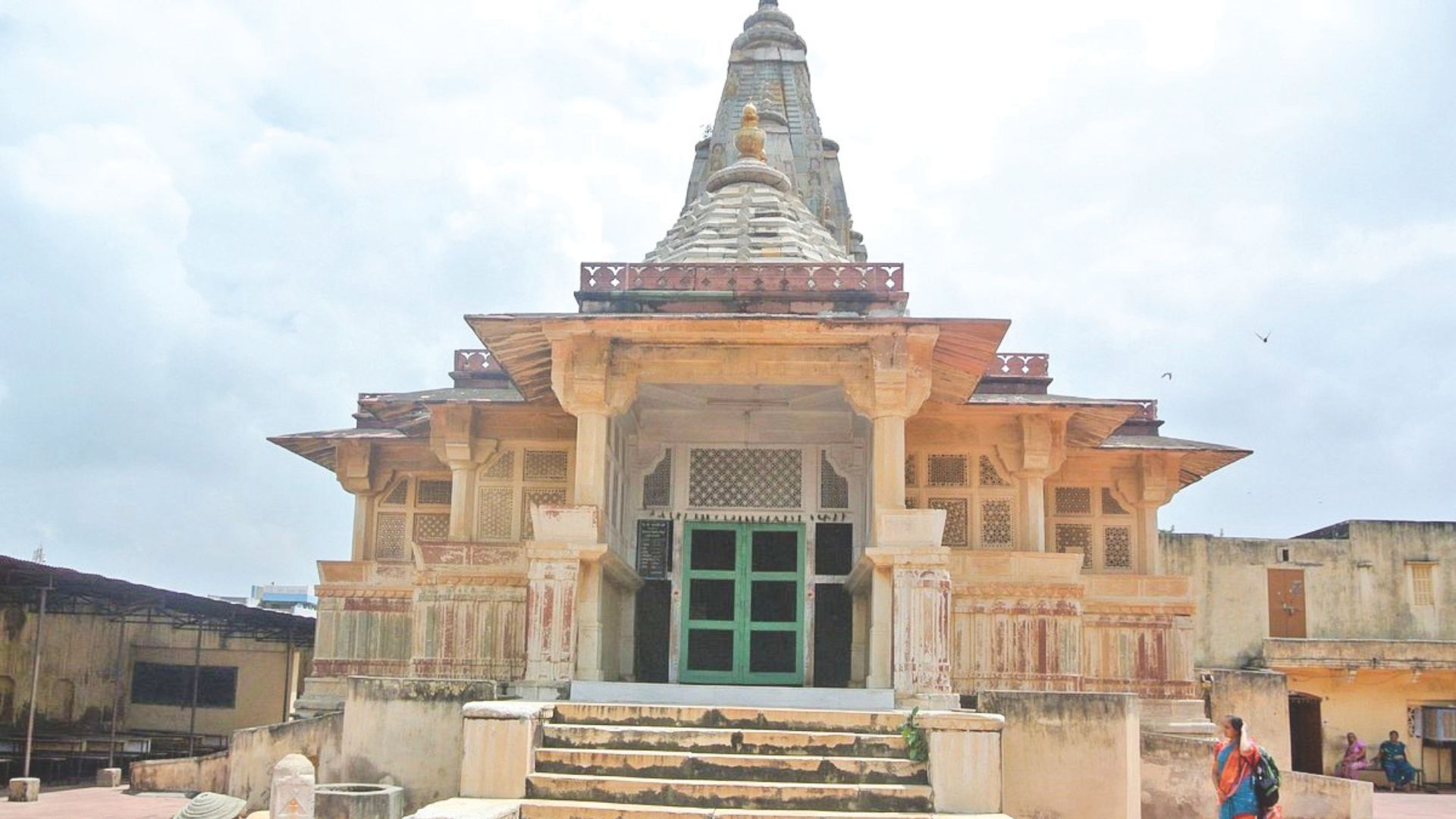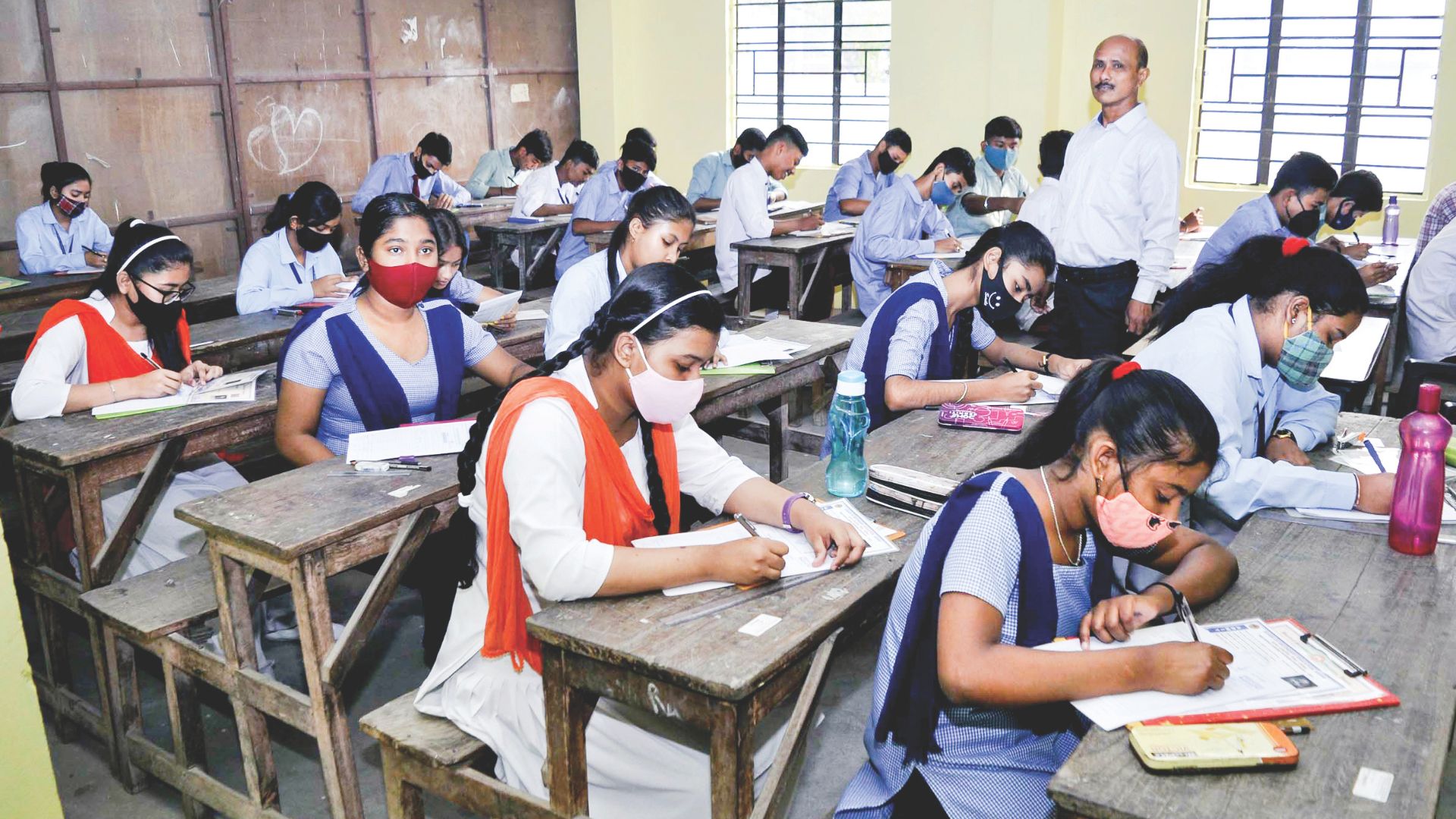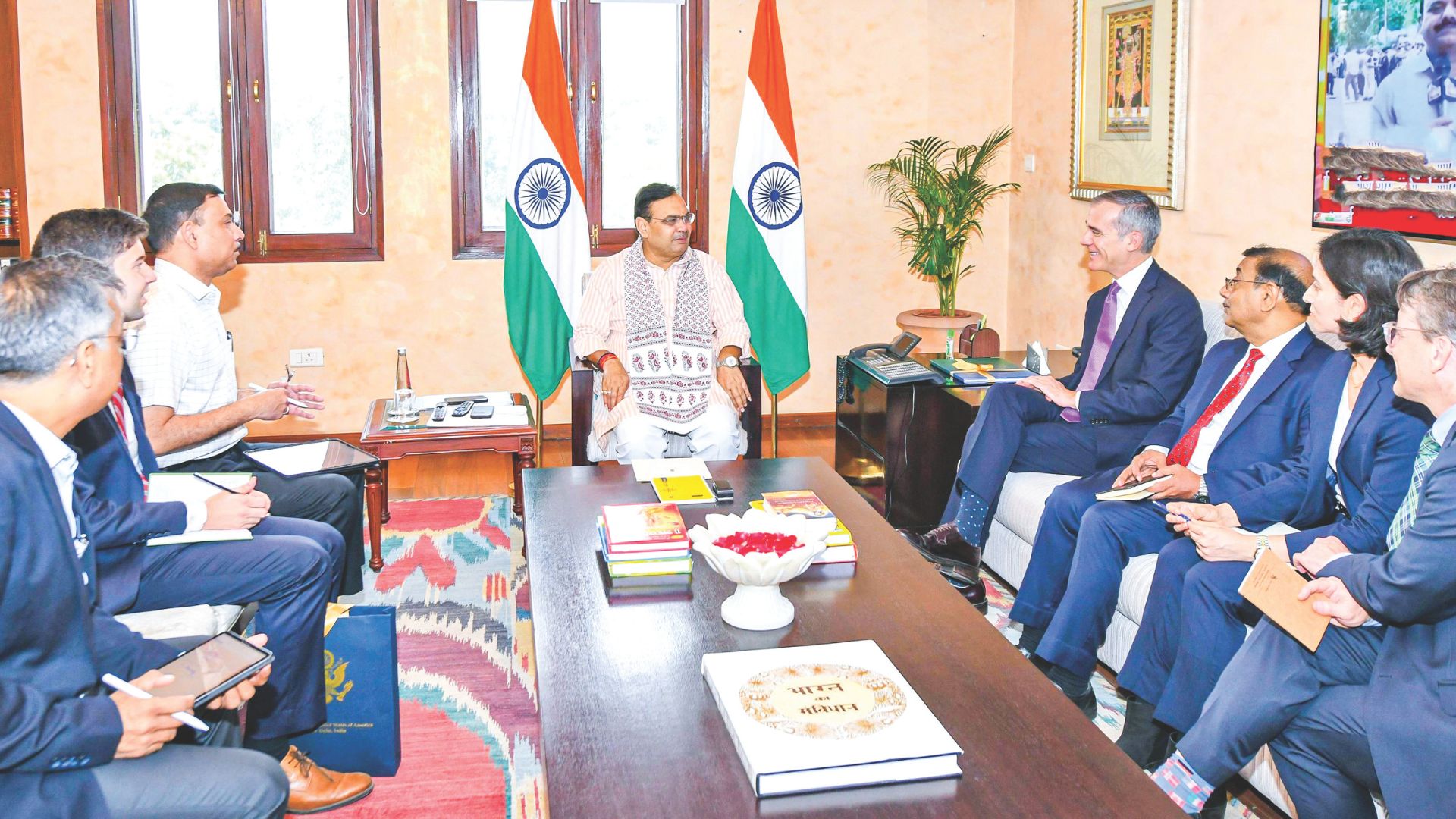
The Kargil Democratic Alliance (KDA) commenced a three-day hunger strike in solidarity with their four-point demands, including statehood and Ladakh’s inclusion in the Sixth Schedule of the Constitution. Concurrently, climate activist Sonam Wangchuk’s hunger strike in Leh entered its 19th day, highlighting dissatisfaction over perceived breaches of trust by the Union home ministry amidst a stalemate in talks.
Representing various political, social, and religious organizations, the KDA and Leh-based Apex Body jointly spearhead the agitation, advocating for demands such as job reservations for local youth and a Rajya Sabha seat. This agitation gained momentum following Ladakh’s designation as a Union Territory (UT) without assembly in August 2019.
In a show of solidarity, the entire leadership of KDA, alongside over 200 volunteers, gathered at Hussaini Park, initiating the hunger strike. Among attendees were chief executive councillor of Ladakh Autonomous Hill Development Council (LAHDC), Kargil, Jaffar Akhoon, along with co-chairmen of KDA Qamar Ali Akhoon and Asgar Ali Karbalai.
Karbalai expressed disappointment over the outcome of talks with the home ministry, emphasizing that while some constitutional safeguards were promised, the crucial demands of statehood and Sixth Schedule status were denied.
The hunger strikes in both Leh and Kargil are scheduled to conclude on March 26, with future actions to be announced thereafter. Prominent KDA leader Sajjad Kargili reaffirmed the commitment to continue the struggle through democratic means, urging the government to address the concerns of Ladakh’s people.
In Leh, Wangchuk highlighted the participation of 5,000 individuals despite sub-zero temperatures on the 19th day of his ‘climate fast.’ Expressing dismay at perceived breaches of trust, he underscored the importance of upholding written manifestos and transparency in governance.
Wangchuk’s remarks underscore a growing sentiment of discontent among Ladakh’s populace, urging citizens to engage in advocacy efforts. The hunger strikes in Kargil and Leh serve as potent symbols of dissent, echoing the aspirations of Ladakh’s people for greater representation and constitutional safeguards.















